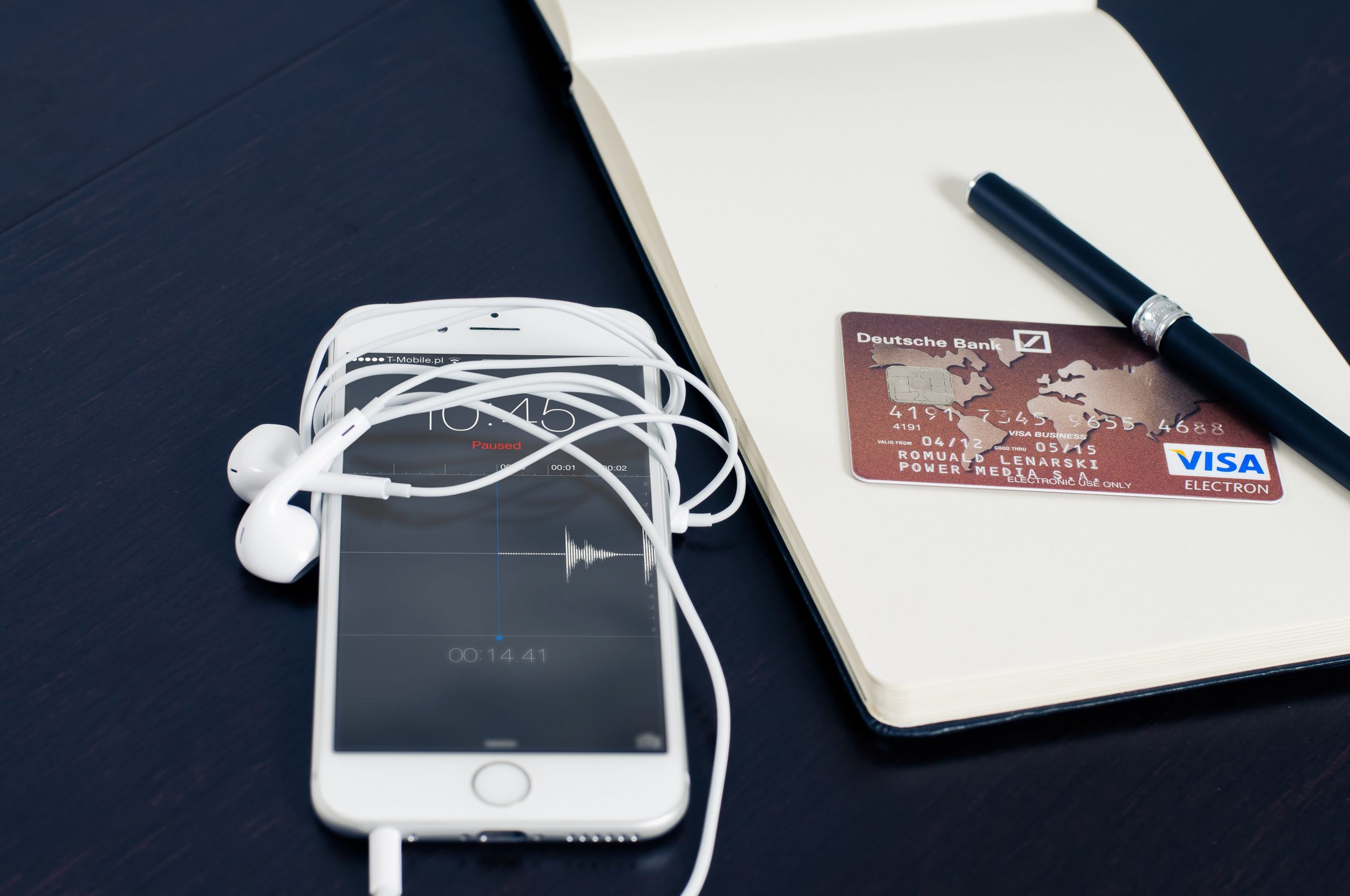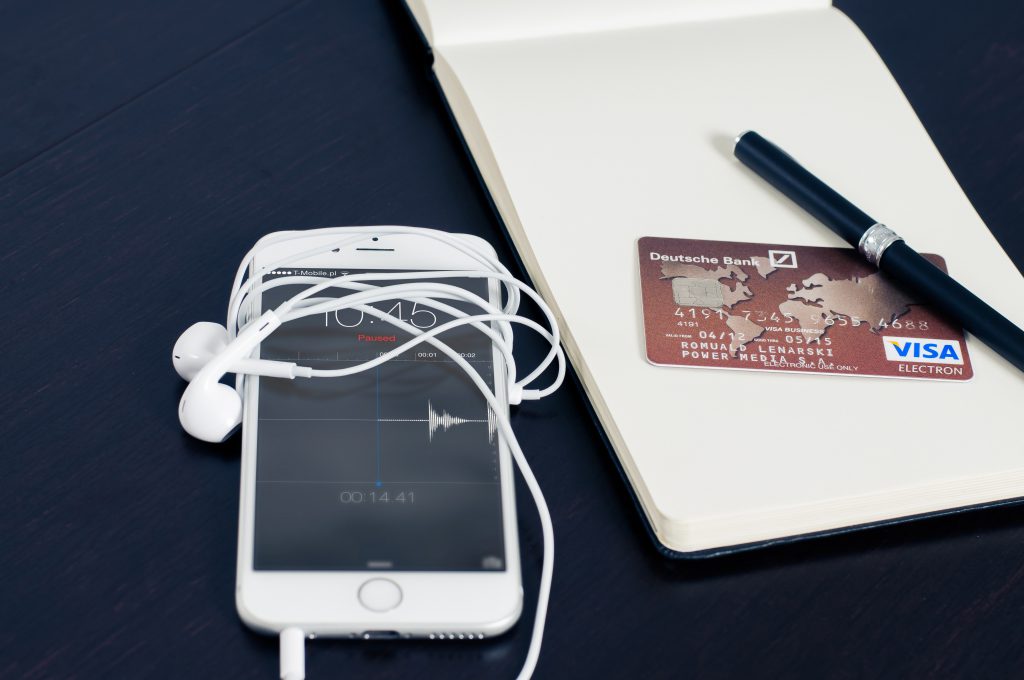

If you're starting to build your credit from scratch, then you most likely have a lot of questions about credit. You can't build excellent credit overnight, good credit depends on good information. We put together answers to some of the most frequently asked questions about credit for you to get started on your credit journey.
Credit is the ability to borrow money or access goods or services with the understanding that you'll pay later.
Lenders, merchants and service providers (known collectively as creditors) grant credit based on their confidence or trust that you can would pay back what you borrowed, along with any finance charges that may apply.
To the extent that creditors consider you worthy of their trust, you are said to be creditworthy, or to have "good credit." Having credit extended to you is not only a powerful spending
tool, but it's become a necessity in today's world.
Consumer credit is personal debt taken on to purchase goods and services. Although any type of personal loan could be labeled consumer credit, the term is more often used to describe unsecured debt taken on to buy everyday goods and services. Consumer credit is extended by banks, retailers, and others to enable consumers to purchase goods immediately and pay off the cost over time with interest.
Essentially, any arrangement that allows you to buy now and pay later is consumer credit. Responsible use of consumer credit can open doors to new opportunities, but borrowing also has the potential to result in unmanageable levels of debt especially during the holiday season. If you're careful with consumer credit, the freedom and convenience can far outweigh the risks.
Credit can be a great financial tool when used wisely. Having credit extended to you is not only a powerful spending tool but it has become a necessity in today's world. Being responsible with your credit means living within your means and not spending beyond what you can afford. Start by understanding how credit works, always pay your monthly bill on time. Pay your balance in full whenever possible to avoid interest and prevent high balances from damaging your credit.
If you have no credit, it means that you do not have active credit accounts reported to the credit bureaus or your history is too limited to calculate your SMARTScore. This happens when you have never applied for credit, like a credit card or loan, or you have not had account activity reported in the past two years.
While it’s common for young adults to find themselves in this situation, many other persons have no credit too. While having no credit or poor credit can be a roadblock when applying for a car loan or mortgage, it is not a permanent roadblock. Maintaining healthy credit habits can help you establish good credit, whether you are new to credit or rebuilding from bad credit. As time passes, positive payment history and low credit utilization increases your score, which could help you get approved for better terms and interest rates the next time you want to borrow money.
If you are applying for credit and your credit scores are not as high as you would like them to be, you may wonder how your situation may affect your chances of being approved for a loan.
Simply put, there is no one answer. Everyone’s credit and financial situation are different, there are many different credit scoring models (ways to calculate credit scores), and different lenders have their lending criteria. It may be possible to obtain a loan with low credit scores. Remember that adopting responsible credit behaviors, such as paying your bills on time, every time, may make potential lenders and creditors more confident when you apply for credit in the future.
You do not need to hire a company to help you build credit. There are many ways to begin building your credit history, and you can do them yourself, for free.
The first step we recommend is to get copies of your full credit report so you can see what's being reported. You can request your credit report from CreditRegistry, Nigeria’s largest credit bureau.
Getting your credit report is key because with it you will identify the top factors negatively impacting your credit scores, known as risk factors. When you work on addressing your risk factors, you'll be working toward improving your credit scores.
Rising prices and the dollar's purchasing power have no direct impact on credit or SMARTScores. Credit scores are calculated using the data compiled in your credit reports by the credit bureaus Credit reports document your accounts, their status, and your history of borrowing and repaying debts. Economic measurements such as inflation do not influence credit scores.
A 3-digit number in your credit report that tells lenders your potential credit risk and ability to repay loans.
Your SMARTScore is a measure of how creditworthy you are and how big of a risk you pose to any creditors who lend you money. Not surprisingly then, your score is based on what previous information is available.
Every time you do anything that involves borrowing money, that information is passed on to credit agencies.
That magic number tells lenders your potential credit risk and ability to repay loans. Credit scores consider various factors, such as payment history and length of credit history from your current and past credit accounts.
A credit report is a summary of how you have handled credit accounts, including the types of accounts and your payment history, as well as certain other information that’s reported to credit bureaus by your lenders and creditors. Potential creditors and lenders use credit reports as part of their decision-making process to decide whether to extend you credit — and at what terms. For these reasons, it's important to check your credit reports regularly to ensure the information in them is accurate and complete.
You can order a credit report from CreditRegistry, Nigeria’s largest credit bureau. Click creditregistry.ng to get a credit report today.
Credit checks are common when you apply for loans or credit cards, but you may wonder what a credit check reveals about you. When lenders run credit checks, they are trying to assess what kind of borrower you will be, and going over your credit score and report can help them understand how you have historically managed credit.
Securing credit usually involves a lot of scrutiny. For lenders, though, checking your credit is not about being invasive or judgmental: They have to reduce their financial risk by verifying that your credit history and finances match up the requirements for the loan or credit card they are offering.
You can put your best foot forward to help you secure the loan you want by scrutinizing your credit report from the lender's point of view.
Checking your credit reports does not impact your credit scores, but it may help establish the right kinds of behaviors early on and may help spot signs of errors that you should dispute.
Filing a dispute has no impact on your score, however, if the information on your credit report changes after your dispute is processed, your credit scores could change.
Ultimately, it is important that you get authentic answers to your questions about credit to help you build your credit and empower you to take control of your financial future today!